-
About
- About Listly
- Community & Support
- Howto
- Chrome Extension
- Bookmarklet
- WordPress Plugin
- Listly Premium
- Privacy
- Terms
- DMCA Copyright
- © 2010-2025 Boomy Labs
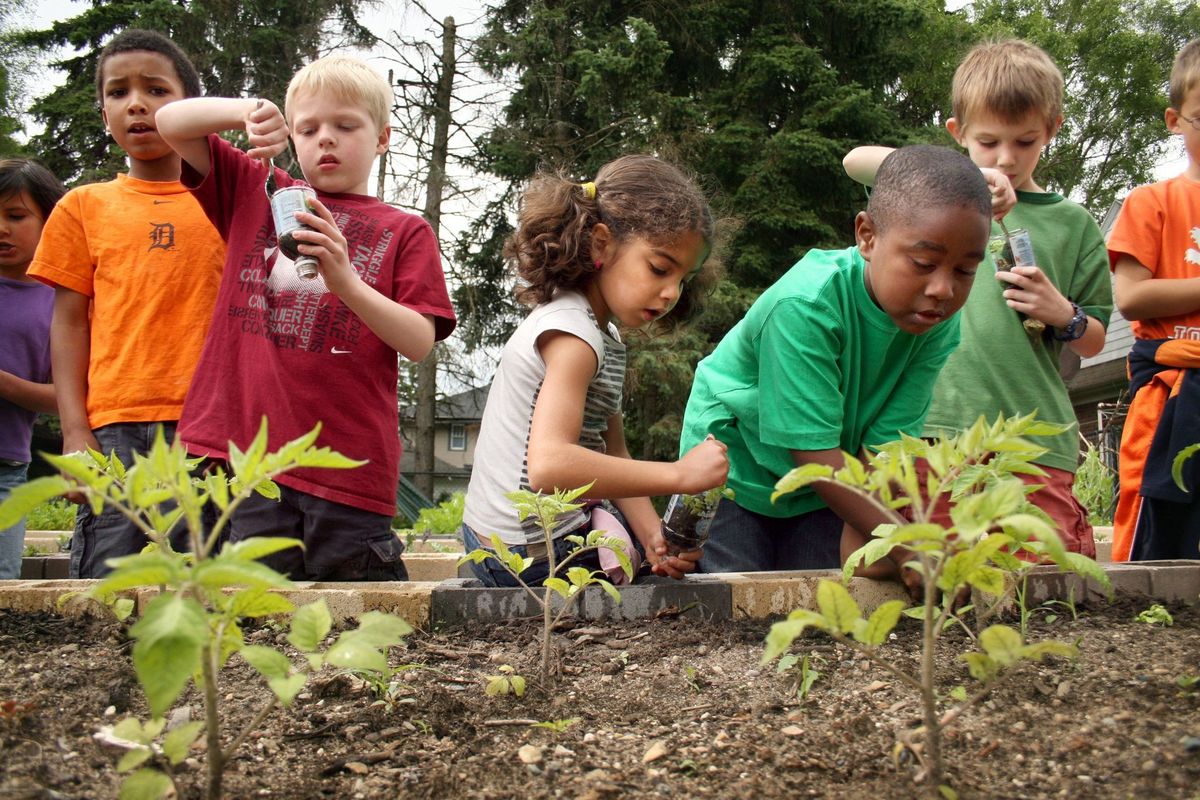

 Kendra Brea Cooper
Kendra Brea Cooper
Listly by Kendra Brea Cooper
A community garden is a great way to bring people together through a project and put food back in the hands of the community. It helps us see food past the shelves of the grocery store and places it in ideas about sovereignty, security, and freedom.

The idea is how it all starts. You and your group should write down the reasons why you want to start a community garden. Map out what you wish to accomplish and consider all aspects of the process. There are immediate and political benefits to this kind of thing. You're setting up something to share with your community now, as well as something for the future. Having a community garden brings food back into the hands and control of the people. Growing food is rebellion.
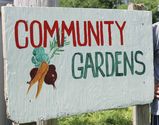
Host a community meeting to discuss the project. Gather interest with posters and word of mouth. Not everyone has the privilege of time and energy for their own personal garden, so the community process works best. Through these meetings (and have them as often as you can) you can figure out a schedule, plots, and what to plant. The community garden isn't only about growing food, its also about building a strong community.
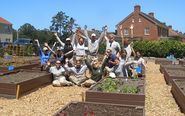
Planning is an ongoing thing. You will plan before the the garden and during the garden's existence. One thing I've learned is to plan well but keep it loose. Prepare for change. It's hard to give advice on the steps to take for planning because every situation is different. Things you can start with are: finding land, cleaning, and deciding what to plant.
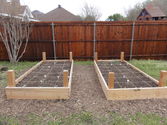
Finding land can be the most difficult part of the process. Some community gardens are privately owned and others are more preferably community owned. There might be a site, perhaps a broken down lot that just needs some cleaning, that you and your group could go to the city about. Write out a proposal if necessary. Make sure the space is easy to access and can hold up all that it takes for a garden (including access to water, etc). See extras at the end of this list for more advice.
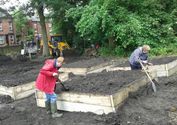
Cleaning up a space of land is a necessary action. The land you'll receive will likely need a bunch of work, especially for a garden. Building boxes and finding appropriate dirt is all part of it. This is time consuming and difficult, so rotate responsibilities. It will be worth it once it is all done.
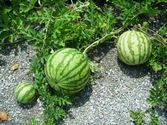
Deciding what to plant is also a community process. It is important to know what people need and expect. What grows more? Which is more nutritious? What can make bigger dishes? These are all questions to consider while planning out the seed planting.
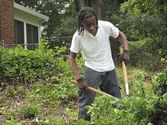
If there are skilled growers in your community, see if they would like to get everyone together for a gardening workshop. Sharing skills is so important in this process. There are aspects of gardening that don't come easy, so I'm sure people would love to learn.
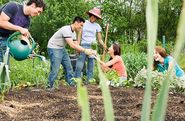
Once the garden is in place, upkeep is the name of the game. People want to watch what they grow and create. Invite new people in by keeping the community engaged. You could even throw garden parties or potlucks. The possibilities are endless, and you're building a new kind of world!
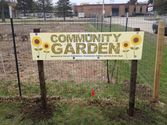
Finding resources is a dynamic process. People with knowledge are a great resource and seed swaps are excellent. You could also trade foods and yummy goods for things like shovels and tools that people are not using. Put up posters or ads for extra gardening materials that people might want to donate.

Pop culture and all that ideology sitting in the blind spot. Also crafts.